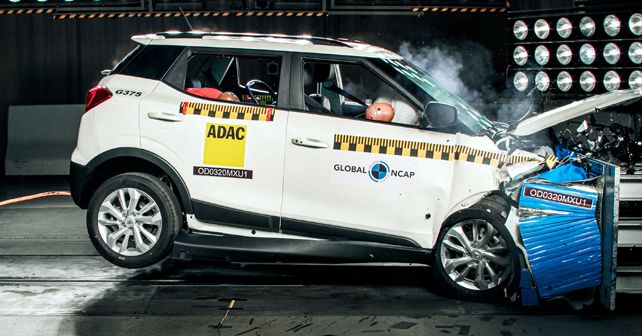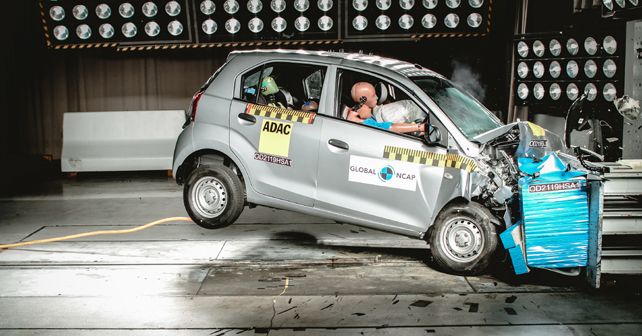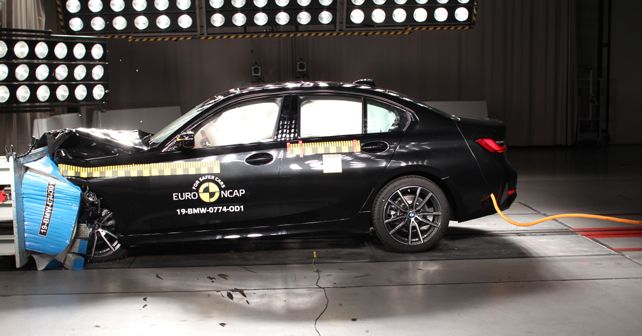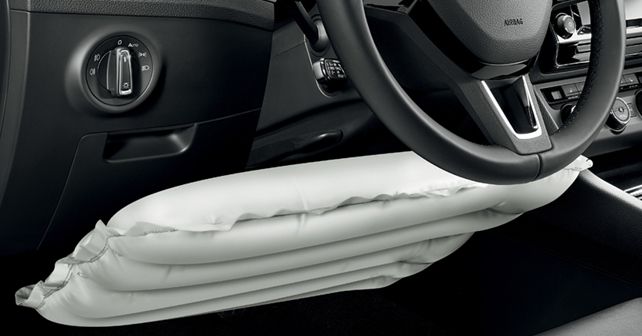Motor Vehicles (Amendment) Bill 2019: Revised fines & highlights
The Motor Vehicles (Amendment) Bill 2019 is on the cusp of coming into effect as it has been passed by the upper house of the Parliament, the Rajya Sabha, with a few amendments. Once it is reviewed by the Lok Sabha again, the Bill will be sent to the President for a final stamp of approval.

Here’s a list of some of the crucial provisions of the new Motor Vehicles (Amendment) Bill 2019, which, after coming into effect, promises some much-needed reforms.
The Motor Vehicles (Amendment) Bill 2019 is on the cusp of coming into effect, as it has been passed by the upper house of Parliament, the Rajya Sabha, with a few amendments. Once it is reviewed by the Lok Sabha again, the Bill will be sent to the President for a final stamp of approval. What makes this Bill crucial is the fact that apart from hefty fines, the Bill also lists some important reforms & guidelines that seems to a desperate attempt to improve our road safety record. Meanwhile, the revised fines & harsher penalties will hopefully ensure better law enforcement and lesser violations. Here's a look at the key traffic offences and the before-and-after fine figures:
| Offence (Section) | Old Penalty/Fine | Revised Fine/Penalty |
| General (177) | ₹ 100 | ₹ 500 |
| Road Rule Violation (177A) | ₹ 100 | ₹ 500 |
| Driving without a license (181) | ₹ 500 | ₹ 5,000 |
| Driving without qualification (182) | ₹ 500 | ₹ 10,000 |
| Over-Speeding (183) | ₹ 400 | ₹ 1,000 – ₹ 2,000 |
| Dangerous Driving (184) | ₹ 1,000 | Up to ₹ 5,000 |
| Drunken Driving (185) | ₹ 2,000 | ₹ 5,000 |
| Speeding/Racing (189) | ₹ 500 | ₹ 5,000 |
| Vehicle Without Permit (192A) | Up to ₹ 5,000 | Up to ₹ 10,000 |
| (NEW) License Violation by Aggregators (193) | NEW | ₹ 25,000 - ₹ 1,00,000 |
| Overloading of Passengers (194A) | NA | ₹ 1,000 per extra passenger |
| No Seatbelt (194B) | ₹ 100 | ₹ 1,000 |
| Two-Wheeler Overloading (194C) | ₹ 100 | ₹ 2,000 + DL Disqualification for 3 Months |
| No Helmet (194D) | ₹ 100 | ₹ 1,000 + DL Disqualification for 3 Months |
| (NEW) Emergency Vehicle Obstruction (194E) | NEW | ₹ 10,000 |
| Non-Valid Insurance (196) | ₹ 1,000 | ₹ 2,000 |
| (NEW) Offences By Juveniles (199) | NEW | ₹ 25,000 + 3 Year Jail Term + Cancellation of Vehicle Registration. Guardian/Owner shall be deemed guilty; Juvenile to be tried under the JJ Act |
| Offences By Enforcing Agencies (210B) | NA | Twice the penalty under the applicable section |
There's also a provision in the Bill that allows the government to increase the above-mentioned fines by up to 10 per cent, annually.
Road Accident Victim Compensation
The central government will work on a scheme that allows road accident victims to get cashless treatment in the 'golden hour' period (the Bill defines the golden hour as the time period of up to one hour following a traumatic injury, during which the likelihood of preventing death through prompt medical care is the highest). Further, minimum compensation for hit-and-run cases has been revised as well: (i) ₹ 25,000 – ₹ 2,00,000 in case of death and (ii) ₹ 12,500 – ₹ 50,000 in case of grievous injury.
Motor Vehicle Accident Fund
The Bill dictates that the central government has to set up a mandatory Motor Vehicle Accident Fund, which will be used to provide compulsory insurance cover to all road users in India. The treatment of an accident victim during the golden hour & any form of compensation to the accident victim or his/her next of kin will be taken care of using this fund. The payment under this fund shall be remitted as per the method prescribed by the central government.
Protection of Good Samaritans
A 'good samaritan' will not be liable to any criminal/civil action for causing injury/death of an accident victim due to negligence, provided that the samaritan renders emergency medical or non-medical assistance to the victim in good faith and voluntarily.
Vehicle Recall
The Bill gives the central government the power to order a recall if a vehicle is found to be defective (a threat to the safety of its user/any other road user, or if the vehicle causes environmental damage). Further, the manufacturer of such a vehicle will be liable to reimburse the full cost of the vehicle to the owner or replace the affected vehicle with another vehicle of the same/higher specification.
Aadhaar Mandatory for Driving License
While the final provisions of this proposal are yet to be received, what's confirmed is that the Aadhaar card is set to become a mandatory ID proof for obtaining a driving license.
Road Safety Board & National Transportation Policy
The Bill proposes the concept of the National Transportation Policy, which may look after all road transport planning & permit granting guidelines. Further, the Bill also paves the way for an advisory body called the Road Safety Board that will advise the state & central governments on ways to manage traffic more effectively, using new technology.
The Bill also takes a hard stand on Cab Aggregators, making it mandatory for them to obtain State licenses for operation and comply with the Information Technology Act of 2000.
Read more:
Lok Sabha approves Motor Vehicles (Amendment) Bill, 2019; hefty fines proposed
Proposed hike in vehicle registration fee will further deter growth of the auto industry: SIAM








Write your Comment on